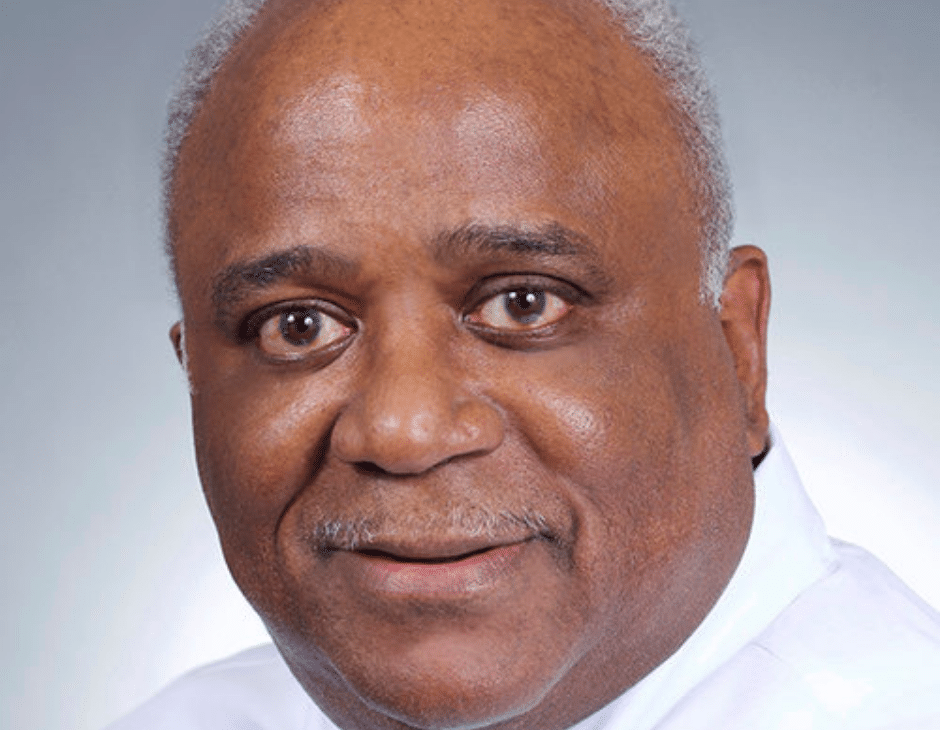
This past winter, as a safe, effective vaccine against COVID-19 rolled out to parts of the general population, a senior friend shared with me her frustration at not being able to access it. Many of her friends were exulting over receiving their first and even second shots, while she felt stranded on-line, unable to qualify for one of the still-limited appointments.
The issue: my 74-year-old friend did not turn 75 until this past April. This put her into group 1-C, waiting behind those in groups 1A and 1B for the vaccine, including essential workers and individuals 75 and over. While she was eventually able to get her dose of the vaccine in late March, she commented, with some irony, that this was the first time in many years that she had been considered too young for a desired medical treatment.
It will be a while before an in depth review of the COVID-19 vaccination distribution process can be done. But this pandemic has already focused more attention than usual on the Centers for Disease Control and Prevention (CDC) and its decision-making structure related to vaccines. Specifically, the Advisory Committee on Immunization Practices (ACIP), the body that advises the CDC on immunization practices for adults and children, is under intensified scrutiny by the Alliance and other organizations that represent the needs of older adults. Their main point of contention: while ACIP was creating a schedule for distribution of the COVID vaccine, starting with the high risk older adult population, there were no geriatricians representing the specific needs of this population on the panel.
It’s important to note that while COVID-19 has sharpened the focus on ACIP, there has been ongoing concern during the last several years about ACIP’s lack of expertise on issues related to older adults. In August of last year, for instance, senior leadership at the Alliance wrote to ACIP about its failure to recommend enhanced influenza products for adults aged 65 years and older, despite clear evidence of their superior efficacy. The Alliance letter urged “ACIP and the CDC to state a preference for high-dose and adjuvanted influenza vaccines over the standard-dose vaccine for older adults in the 2020-2021 Influenza Season recommendations. “
In the same letter, the Alliance pointed out that while ACIP has 15 voting members and eight ex officio members, no experts in geriatric medicine have been nominated to serve in either capacity. The letter continued, “The aging population is more vulnerable to severe illness, hospitalization, and death from influenza, COVID-19, pneumonia; and complications for a number of other preventable infectious diseases. It is concerning that ACIP advises on vaccine products for older adults without appropriate representation of geriatric experts. We urge ACIP to add more experts in geriatrics and older adult vaccination research.”
The Alliance sees ACIP’s interpretation of “conflict of interest” for potential nominees as contributing to “dissuading and preventing” geriatric experts from seeking membership on the Committee. The current ACIP interpretation of a potential conflict does allow people who are leading vaccine studies at their respected institutions to become ACIP members, but they must abstain from voting on recommendations related to the vaccine they are studying. In addition, however, ACIP mandates that these researchers cannot vote on any other vaccines manufactured by the companies funding their research, or any vaccines that are similar to the ones they are studying, even if they are being manufactured by other companies. Given this broad definition of “conflict”, it is understandable why few researchers would want to commit to offering such constrained input.
The Alliance sees a solution in the less restrictive but nonetheless effective FDA approach to potential financial gain on the part of its decision makers. Primarily, the FDA looks for a close or “direct” causal link between an individual’s actions and pending decisions, as well as a a predictable possibility that the matter could deliver financial gain to the decision maker. Adopting this approach, or one close to it, could meet the goal of ensuring that financial interests do not encroach on decision making that impacts the health of the American public. Just as important, it would provide a less restrictive environment that might encourage more geriatricians to serve on the CDC’s Advisory Committee on Immunization Practices.
With a new administration and new leadership at CDC, the Alliance hopes that the CDC will eliminate restrictions that might be dissuading geriatricians from joining the ACIP panel, and will actively encourage their service. While we at the Alliance have advocated for this change for almost two years now, surely the harsh lessons taught by the COVID-19 experience and its impact on older adults should be enough to set real change in motion.
Jim Scott serves as the chair of the Alliance for Aging Research’s Board of Directors. He is also the president and CEO at Applied Policy in Washington, D.C.






